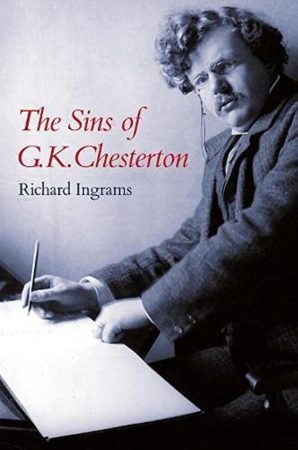This book is something of a mixed bag, but I really profited from reading it, and so I can cheerfully recommend it to you.
What I brought away from the book was that the sins were largely the sins of Hilaire Belloc and Cecil Chesterton, Gilbert’s younger brother. The author does prove that both of these men were a bad influence on Chesterton, but after reading through all the family drama, and friend drama, my conclusion was that Chesterton was something of an affable chump and/or patsy when it came to people he loved. As this was something that we all could probably have guessed about him, nothing radically shifted in my views of Chesterton—he was astonishingly farsighted, and some objects up close were blurry. At the same time, it did give me more sympathy than a hagiographic account would have done.
Ingram writes about Chesterton with respect, which means that this is by no means a hatchet job. And, not to keep you wondering, the sins of the younger Chesterton and Belloc, with Gilbert unsuccessfully trying to do clean up, were largely related to antisemitism. This means a careful reader also has to budget for the indignation inflation that inevitably surrounds that topic.


